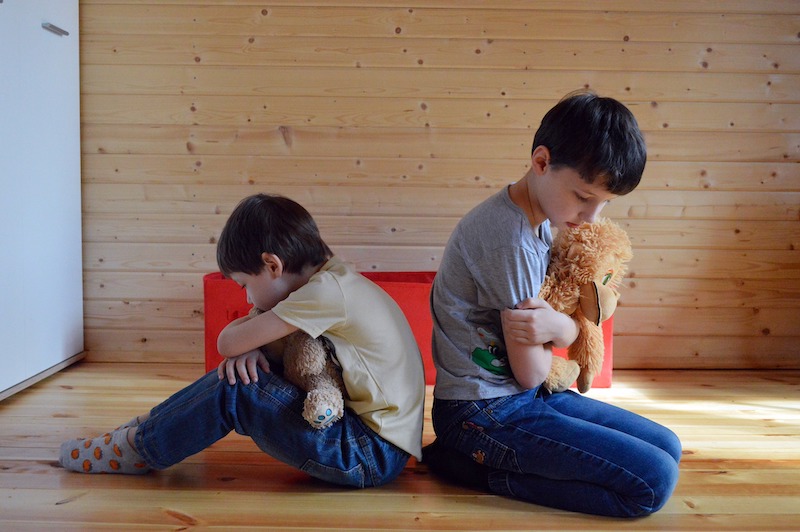The Impact of Attachment Trauma on School Children
-
-
Christina Reese
Attention-seeking behaviour in school-age children is often addressed in one of two ways: by ignoring it, or administering ‘consequences’. Both will fail, argues child trauma specialist Dr Christina Reese, because they overlook the basic underlying need for connection and support. Ahead of a discussion and Q&A on September 10, and a full webcast training on September 18 (which will focus on families), she explains how the concept of attachment trauma – which she believes to be on the rise – can help us understand and respond to these behaviours.

Attachment Trauma describes a trauma that has happened within a relationship. We have more children then ever now facing attachment trauma due to the current state of our societies. Children need adults who are connected to them, who are meeting their needs consistently and who are providing felt safety.
It is a parent’s responsibility to provide for their child and meet their needs (physically, emotionally and mentally), to protect their child (to have rules and structure that keeps their child safe) and to prepare their child for the future by teaching life, relationship and social skills. Many parents today are busy, trying to keep up with the fast pace of work and home life. Parents are overwhelmed trying to meet all of their own needs, and can then take their eyes off of their own child and that child’s needs.
Disconnection between parents and children
So often today, our children are feeling disconnected from their own parents. Children are feeling alone and experience the push towards independence, much earlier than is developmentally appropriate, out of necessity. When we are disconnected from each other, this leads to dysfunction in our relationship – we are not functioning as we should in a connected and trust-based relationship that leads to attachment. When our relationships are characterised by dysfunction, this leads to us feeling distress in those relationships and the results are disorders – an increase in depression and anxiety. We are depressed because we feel alone in facing challenges and we are anxious because we do not know how to solve them.
Disconnected = Dysfunction = Distress = Disorders
This is happening amongst both adults and children today. But children do not yet have the coping and calming skills, or the problem-solving skills to be successful. This leaves them feeling more urgently than ever that they need to connect with adults who can help them to emotionally regulate, to learn coping and problem-solving skills. When these needs are not met at home, the child then seeks to meet those needs outside of the home.
The impact at school
As a result, when children come to school now, many are looking to connect and be in close relationship with adults. Children typically do not make the best decisions, because their brains are still growing and developing. When they try to meet their need for connection and support this will most likely look dysfunctional and inappropriate but they are doing the best they can with their limited understanding and mental resources. The behaviour that this results in is attention-seeking behaviour. Our typical response of planned ignoring or consequences is not effective because neither actually meets the need.
Meeting the need
A need is a need and it must be met – and needs do not respond to consequences. The need is larger than any consequence you will use. If you want to actually change the behaviour: see the need behind the behaviour and meet the need. The need is attention and connection. Meet the need proactively by pulling the child into you for positive attention at the beginning of the day. Once the need has been met, the behaviour is suppressed because the child is no longer trying to do it all by themselves. When we meet the needs of children, we are building a trust-based relationship with them. Connecting with our children is the healing force that addresses attachment trauma.
Trauma and Attachment in Children and Families, a live video webcast with Christina Reese, is on 18 September from 9.30am to 5.15pm. Click here to book. Christina Reese will also join us on September 10 for a discussion and Q&A as part of PESI UK’s ‘Free Thursdays’ series of clinical conversations.